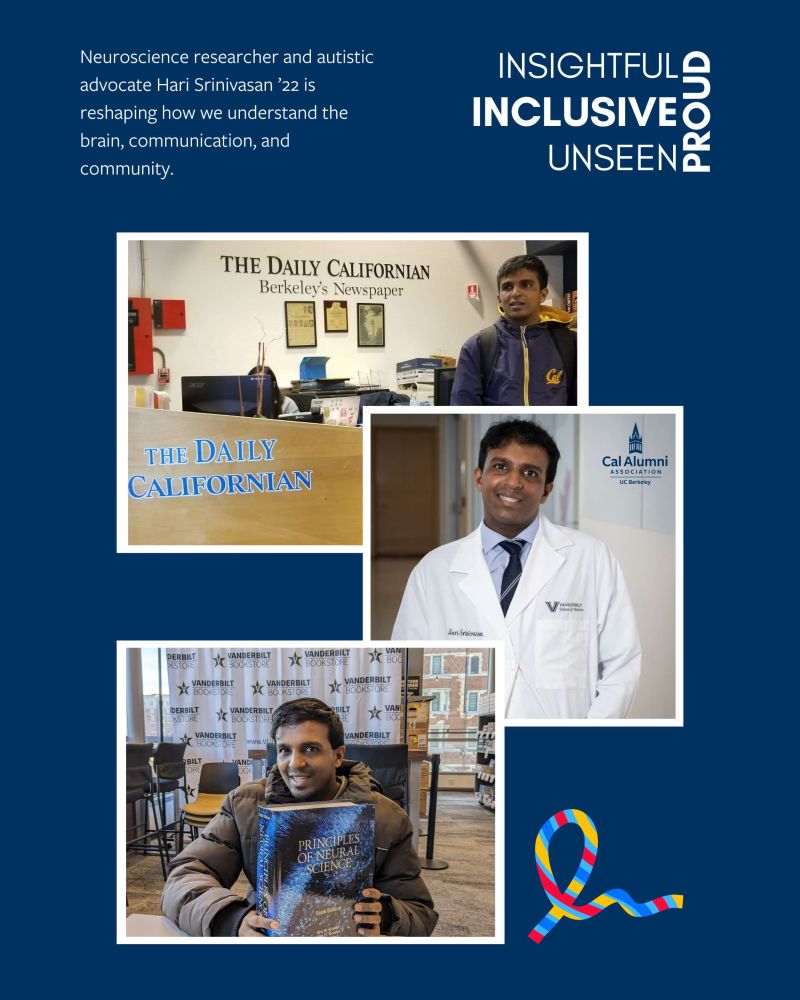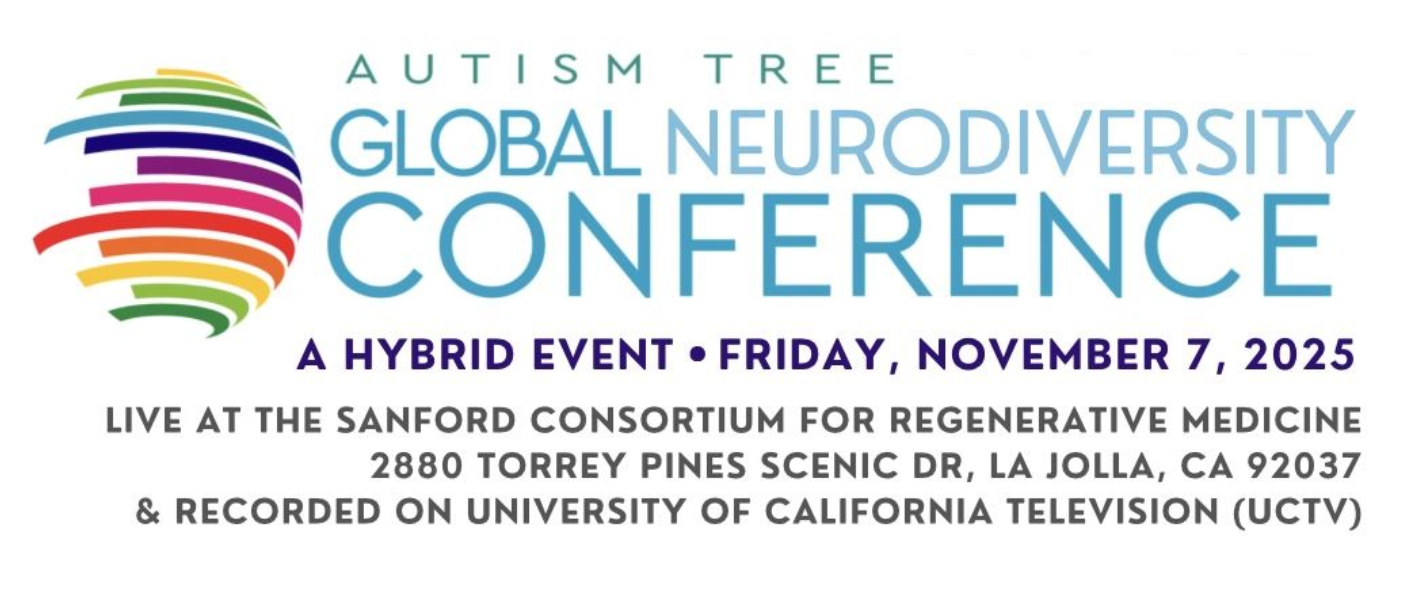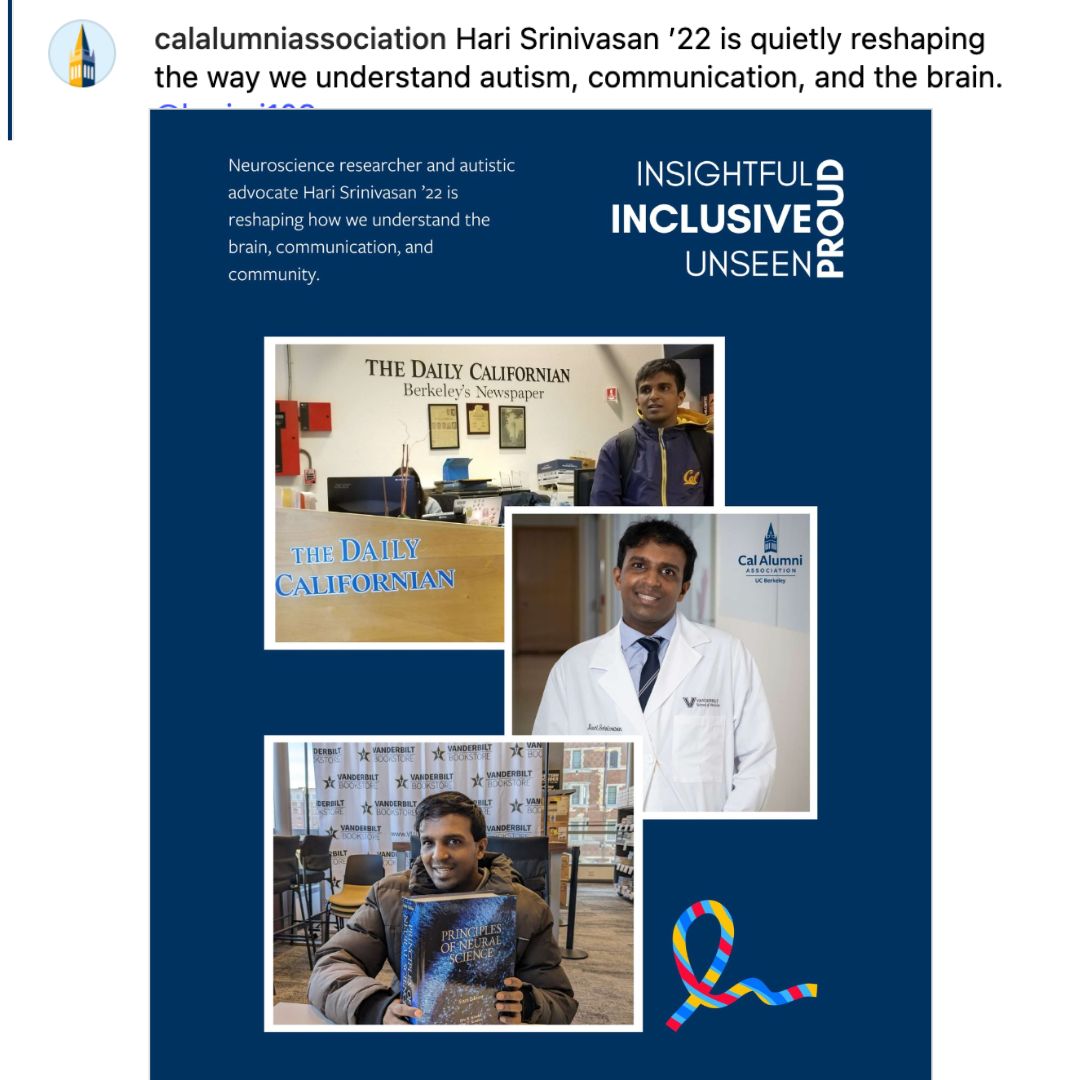Spotlight: [Some] of my poetry
Neuroscience Humor
Check out my YouTube channel @neuroscientist108
Spotlight on Neuroscience Humor Playlist:
https://www.youtube.com/playlist?list=PL4TQcIPQmqq3VJhOi-m9GTaMa46cHhJ8d
Check out my YouTube Channel @neuroscientist108
Check out my YouTube Channel @neuroscientist108
Spotlightight Playlist: The Quest for Humanity. Contemplation, 1 line a day
Lets start off our week just right.
Understanding the Americans with Disabilities Act
Understanding the Americans with Disabilities Act (ADA)
The Americans with Disabilities Act (ADA) is a landmark piece of legislation that has transformed the landscape of disability rights in the United States.
The Birth of ADA
The ADA was signed into law on July 26, 1990, by President George H.W. Bush. Its passage marked a significant victory for the disability rights movement, building on decades of activism and advocacy. The ADA aimed to eliminate discrimination against individuals with disabilities in various areas of public life, ensuring equal opportunities and accessibility.
Key Provisions of the ADA
The ADA is divided into five titles, each addressing different aspects of public life:
Title I – Employment: Prohibits discrimination against individuals with disabilities in all aspects of employment, including hiring, promotions, and accommodations. Employers with 15 or more employees must provide reasonable accommodations to qualified employees with disabilities.
Title II – Public Services: Ensures that individuals with disabilities have equal access to public services, including state and local government programs and services. This includes public transportation.
Title III – Public Accommodations: Requires that private businesses and non-profit organizations that serve the public must make their facilities accessible to individuals with disabilities. This includes restaurants, hotels, theaters, and retail stores.
Title IV – Telecommunications: Mandates that telephone and internet companies provide accessible communication services for individuals with hearing and speech disabilities, including the provision of telecommunications relay services (TRS).
Title V – Miscellaneous Provisions: Contains various provisions relating to the ADA, including its relationship to other laws and the impact on insurance providers and benefits.
Influential Figures in the Making of ADA
Several key figures and advocacy groups were instrumental in the development and passage of the ADA:
Justin Dart Jr.: Often referred to as the "Father of the ADA," Dart was a passionate advocate for disability rights. He traveled across the United States to gather stories from people with disabilities, which he presented to Congress to demonstrate the need for comprehensive legislation.
Judy Heumann: A prominent disability rights activist, Heumann's leadership and advocacy, particularly through her roles in various organizations and government positions, were crucial in pushing for the ADA.
Senator Tom Harkin: A leading advocate for the ADA in Congress, Harkin delivered part of his introduction speech in sign language to emphasize the importance of the legislation. His efforts were pivotal in securing bipartisan support for the ADA.
The Disability Rights Community: Organizations like the American Association of People with Disabilities (AAPD), the National Council on Independent Living (NCIL), and others played vital roles in advocating for the ADA and mobilizing public support.
Interesting Historical Context
The ADA was born out of the broader civil rights movement and inspired by earlier legislation, such as the Civil Rights Act of 1964 and the Rehabilitation Act of 1973. Before the ADA, individuals with disabilities faced widespread discrimination and barriers to full participation in society. The ADA's passage marked a transformative moment, symbolizing a national commitment to equality and inclusion.
The Impact of ADA
Since its enactment, the ADA has had a profound impact on the lives of individuals with disabilities and American society as a whole. Key outcomes include:
Increased Accessibility: The ADA has led to significant improvements in the accessibility of public spaces, transportation, and communication services, allowing individuals with disabilities to participate more fully in society.
Employment Protections: The ADA has provided critical protections against employment discrimination, helping individuals with disabilities obtain and maintain jobs.
Awareness and Advocacy: The ADA has raised awareness about disability rights and inspired ongoing advocacy efforts to ensure that its principles are fully realized.
ADA is more than just a legal framework; it is a milestone in the journey towards equality and inclusion for all individuals with disabilities. Its history, structure, and impact reflect the ongoing efforts to create a society where every person, regardless of ability, can live with dignity and autonomy. The contributions of dedicated advocates and policymakers were instrumental in its creation and continue to drive its implementation, ensuring that the principles of the ADA are realized in communities across the United States.
"Positive psychology must adopt a nuanced understanding of the diversity and complexity of autism and autistic people. The benefits of positive emotions like awe can be particularly potent for autistic well-being, but for interventions to be successful, practitioners need to be mindful of sensory sensitivities and communication differences." - Hari Srinivasan
Read on... https://www.liebertpub.com/doi/10.1089/aut.2024.38246.pw
Insightful Unseen
Thank you Cal for this wonderful Writeup
At Berkeley, Hari became one of the first undergraduates with limited spoken language to teach a course on autism. He led student advocacy, wrote for The Daily Cal, and carried out research on awe and empathy as a Haas Scholar. His journey was never about being “inspirational.” It was about being seen as whole.
Now pursuing a PhD in neuroscience at Vanderbilt, Hari studies how autistic brains interact with the world. His research focuses on the invisible “bubble” of space around the body that helps us navigate movement and social cues. He is uncovering how that space works differently in autism, and how that knowledge can drive real-world solutions.
“I’m part of a community that is often left out of the conversation. We need both support for our challenges and opportunities to share our perspectives. Disability Pride is about making room for both.”
This month, Hari is co-leading the UNESCO-funded Amplifying Autistic Wellbeing event in London, bringing together high-support needs autistics from across the globe.
Every action, he says, is a pebble in the pond of change.
🌍 Learn more: https://lnkd.in/gdsNbTYR
Featured by the Cal Alumni Association
At Berkeley, Hari became one of the first undergraduates with limited spoken language to teach a course on autism. He led student advocacy, wrote for The Daily Cal, and carried out research on awe and empathy as a Haas Scholar. His journey was never about being “inspirational.” It was about being seen as whole.
Now pursuing a PhD in neuroscience at Vanderbilt, Hari studies how autistic brains interact with the world. His research focuses on the invisible “bubble” of space around the body that helps us navigate movement and social cues. He is uncovering how that space works differently in autism, and how that knowledge can drive real-world solutions.
“I’m part of a community that is often left out of the conversation. We need both support for our challenges and opportunities to share our perspectives. Disability Pride is about making room for both.”
In Sept, Hari is co-leading the UNESCO-funded Amplifying Autistic Wellbeing event in London, bringing together high-support needs autistics from across the globe. https://amplifyingautisticwellbeing.com/
Every action, he says, is a pebble in the pond of change.
Stanford SNP-Reach
I was a speaker at the Stanford-SNP camp this year.
This time I decided to do something different. The topic was Timeline to Tomorrow, lets talk Autism Research. And it was short video clips interspersed with activities and exercises for the campers. And of course i used my own journey as.a backdrop to ground some of these ideas. I think it was well received.
https://med.stanford.edu/neurodiversity/SNP-REACH2025/Staff.html
Caught Between Tears and Stoicism
My Ted X talk titled "Pebbles in the Pond of Change
Hari Srinivasan, shares a powerful message about the power of small actions in creating ever-widening ripples in the pond of change. Drawing from personal experiences and the legacy of disability rights leaders, he redefines progress as a journey that starts with simple, accessible steps. His inspiring message encourages everyone to identify and act on their own "small pebbles" to drive societal transformation.









